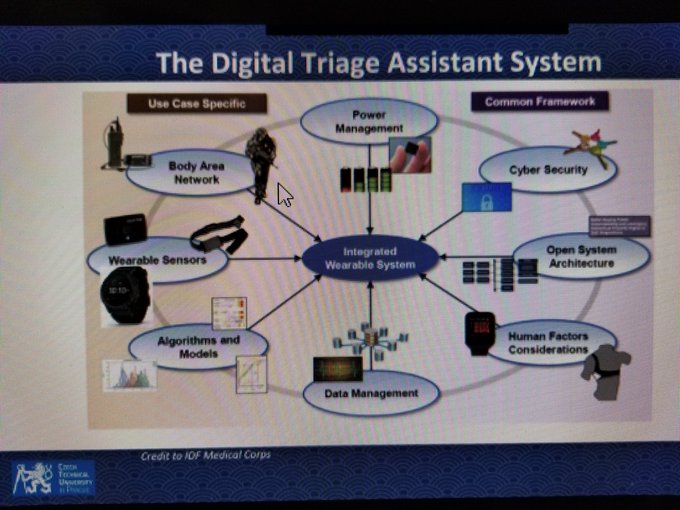Last year, at this time, I wrote about my first experiences in the new online teaching free-for-all era. Besides no longer using Corona, what else have I learned from teaching online? [Note, I have only taught five classes so my observations are based on impressions and thin anecdata]
- It does not have to suck. The big difference between last spring vs last fall and this winter is that we had no prep time, not chance to design syllabi, no chance to get much instruction or help. Most of my friends have now put a lot of time into thinking about and then preparing online classes. Online higher education does not have to suck or be miserable. It can be, but it is not inevitable.
- Whether it is close enough to face to face really depends on class size but not in the way I thought.
- Smaller virtual classes are actually closer to the face to face experience. Carleton asked what we wanted to do in the fall, and my small dissertation proposal class pretty much all wanted to stay online. That might be due to the class meeting at night. My MA class was not as enthused. However, my experience teaching a seminar of 12-16 has been pretty pleasant. It has worked in part because I keep it shorter and because the students have mostly kept their cameras on. If they all turned their cameras off, well, it would definitely be harder to get a sense of the room.
- Larger virtual classes tend to require asynchronicity as more people mean more people can't be on at the same time. Some might say that a large lecture class in person is not that different from lecturing via videos. No, it is not. I had no sense last fall of what the students were getting despite the best efforts of fantastic TAs to keep the pulse of the class. I could not adjust on the fly, I could not refer to current events (very important for an IR class), and it did seem like students were fading away. I recorded 15 minute videos, and it was a pretty clear pattern that for
each week, most students watched the first one, 2/3's watched the
second, and 1/3 watched the third. I put a lot of work into teaching online last fall, and I am sure the students had an inferior experience compared to when I did less work but was able to walk in, revise on the fly, and engage a large crowd in person.
- The problem here, of course, is that smaller classes will return to face to face sooner than big ones, but it may just be the big ones that need it the most. Of course, your mileage may vary.
- There is no way to square the circle of assessments. The experts tell us that it is better to have more smaller stakes assignments on a regular basis than a few big ones. Our students tell us that they have a lot of assignments from all of their classes, and it creates tremendous pressure. It does keep most involved, but perhaps that advice worked well for online teaching when there was not a pandemic. Pandemic plus a steady drumbeat of assignments was not as kind as we thought it would be.
- On the bright side, the combo of pass/fail assignments with a few graded ones means grade inflation! Woot!
- Seriously though, given the pressures facing the students, I have been far more flexible about extensions, far more lenient about late assignments, and just as tough as ever on plagiarism. I have had more students cry in my virtual office this past year than in my real office over the past ten years. I have no doubt that for many of my students, this has been the toughest year of their lives with family getting ill, with all of the support mechanisms and survival strategies that involve hanging with others cut off, with their present on ice and their futures more uncertain than ever. The stress of the past year has been as palpable as the stress of the old job placement rooms at APSAs long ago.
There is no one correct way to teach during a pandemic. People should play to their strengths and be flexible and pragmatic. I actually don't mind staying online for smaller seminars in the fall. If I ever get the chance to lecture a large class again, I will want it to be in person. Doing the apple/orange/frisbee thing just ain't the same without real students to throw fruit at.









